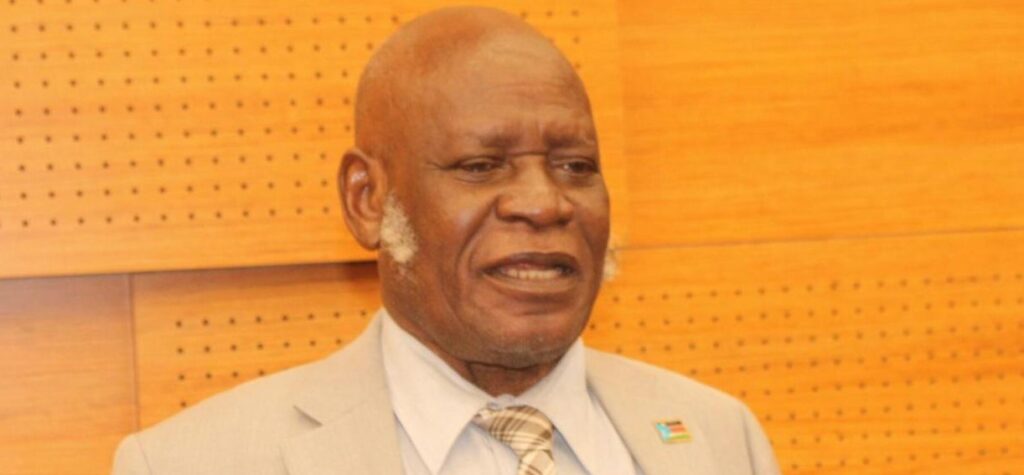Members of South Sudan’s parliament are scheduled to resume sittings next week after a six-month recess caused by unpaid allowances.
Lawmakers return amid growing frustration over the prolonged absence of legislative activity amid political tensions in the country and the lack of a clear government plan for the 2025/26 budget, which has yet to be presented to the cabinet. The Council of Ministers itself has not met for months.
Key tasks for this session include passing the annual budget, amending the election act, and addressing other critical bills as the country prepares for elections in December 2026.
Unlike fellow East African Community (EAC) members—Kenya, Tanzania, Uganda, Burundi, and Rwanda—which have already approved their budgets, South Sudan remains the only country in the region still operating under last year’s financial plan.
Parliament spokesperson Oliver Mori Benjamin told the state-run South Sudan Broadcasting Corporation (SSBC) on Friday that the Transitional National Legislative Assembly and the Council of States would reopen on Wednesday, July 16, 2025.
“We are informing you today that the long-awaited reopening of the national legislature—the Transitional National Legislative Assembly and the Council of States—is scheduled for next Wednesday, July 16,” he said.
Mori urged lawmakers to report to parliament by 9 a.m., with sittings beginning at 10 a.m. “The National Legislative Assembly will resume its activities on July 16, 2025,” he added.
Parliament initially adjourned on December 18 for a four-month recess but failed to reconvene on time, with several MPs blaming unpaid allowances for the delay.
As lawmakers prepare to return, it remains unclear whether they have received outstanding payments.
The government has struggled with cash shortages, leaving civil servants and soldiers unpaid for months.
Meanwhile, the conflict in Sudan, now in its second year, has disrupted South Sudan’s crude oil exports via pipelines through Port Sudan, further straining the economy.
The South Sudanese pound (SSP) has continued to depreciate sharply against the U.S. dollar, driving inflation higher.




